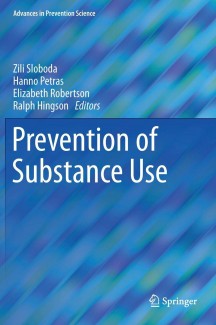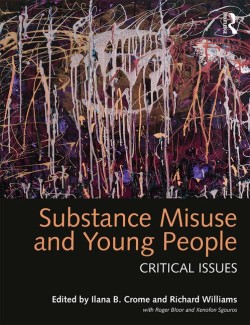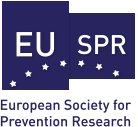Prevention of Substance Use
This volume provides a serious examination of substance use prevention research and practices as components of the continuum from health promotion through to prevention and health care in sub-groups and in the general population.
Extensive...









